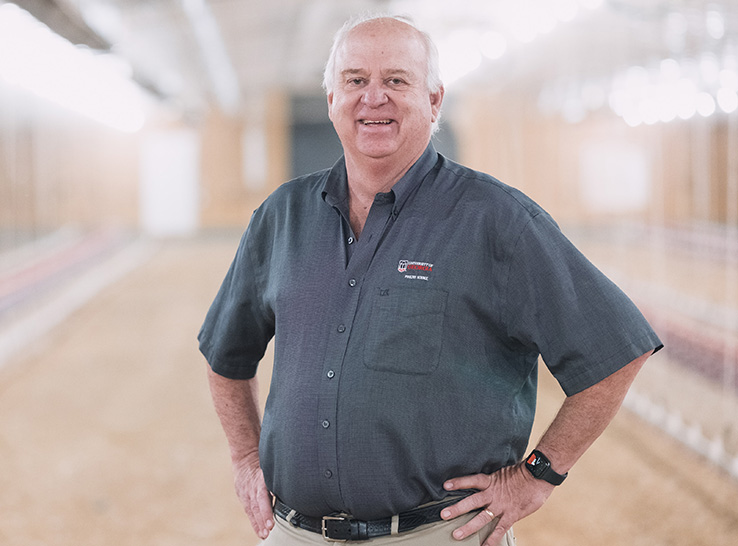
Radiant heating: achieving a more efficient approach
By Michael Czarick
Extension Specialist – Engineering
University of Georgia
Department of Poultry Science

By Michael Czarick
Extension Specialist – Engineering
University of Georgia
Department of Poultry Science

Having been linked to everything from yield gains, feed-conversion ratio and immunity to disease tolerance, mortality and animal welfare, intestinal health is foundational to the success of poultry operations today. Three poultry-health experts took part in an intestinal health webinar in which they discussed viral, bacterial and coccidial challenges in poultry, their impact on gut health and potential management strategies.
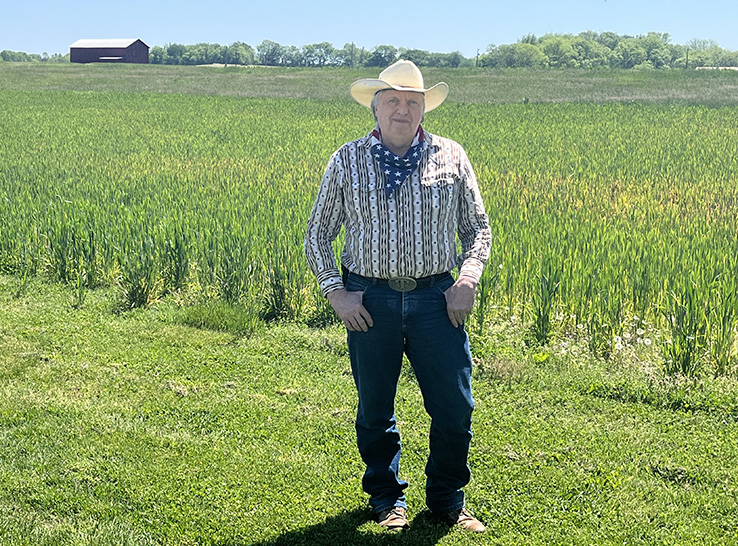
By Tom Tabler, PhD
Professor, Extension Poultry Specialist
University of Tennessee Extension Service/Animal Science Department
Middle Tennessee AgResearch and Education Center
Spring Hill, Tennessee

Broiler activities like locomotion and movement can be quantified using the broiler activity index (BAI), which has been associated with broiler leg health, productivity and physical conditions. However, current calculation procedures are not user-friendly, requiring extensive training. A new user-friendly web-based AI system could be the answer.
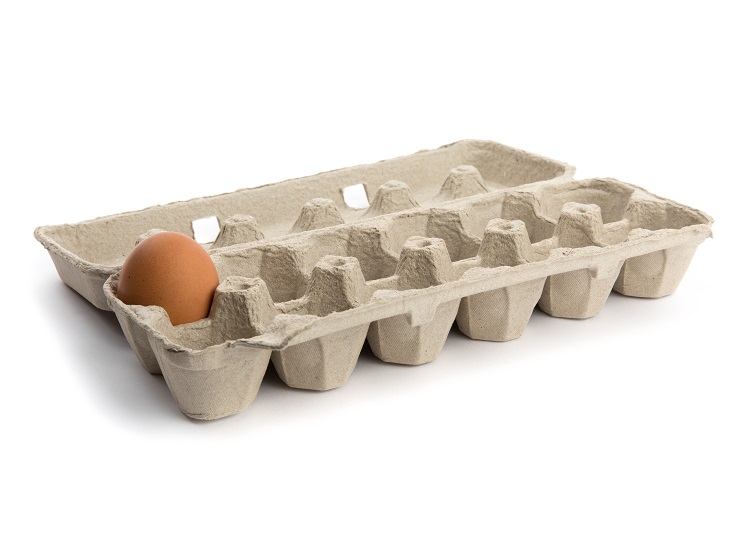
To address the strain on the nation’s egg supply and resultant record egg prices due to the current HPAI outbreak, the National Chicken Council petitioned the FDA to reverse or modify current regulations that compel the broiler industry to discard nutritious and safe eggs.

Antimicrobial resistance (AMR) has become a major concern for human and food-animal health. The key to better understanding AMR selection and spread is the resistome, the collection of all antimicrobial resistance genes and their precursors in the gut microbiome.
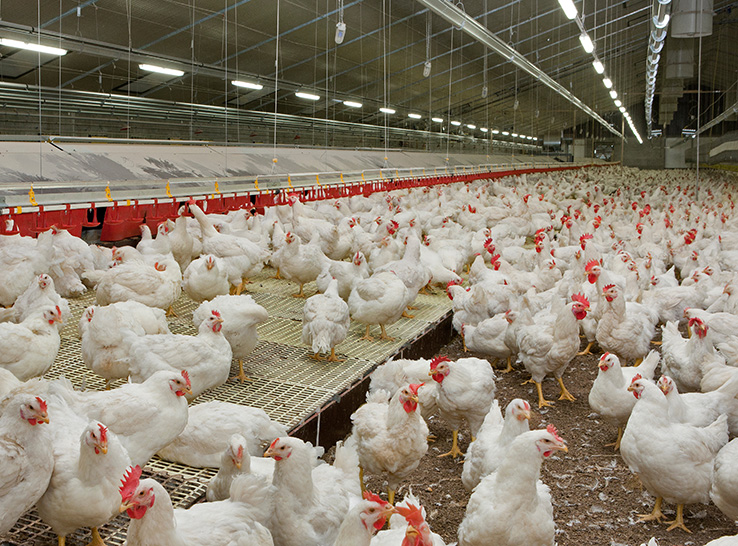
Enrichment improves the environment of an animal, to meet their behavioral needs and ultimately improve their welfare. Although the research related to enrichments for broiler breeders is sparse, there are several different types of enrichments that have been shown to be beneficial. In this article, Marcela Quino and Bethany Baker-Cook, PhD, describe a few that are particularly effective for broiler breeders.

Genome sequencing is key to controlling coccidiosis and the associated infections of necrotic enteritis in broilers, according to Mark Jenkins, PhD, USDA’s Animal Research Service.

Saponins are well-known for their role in supporting bird performance, gut health and immune health. But in the latest research, scientists have uncovered greater insight into how different types of saponins, specifically quillaja, yucca and blends of the two, contribute to these outcomes.
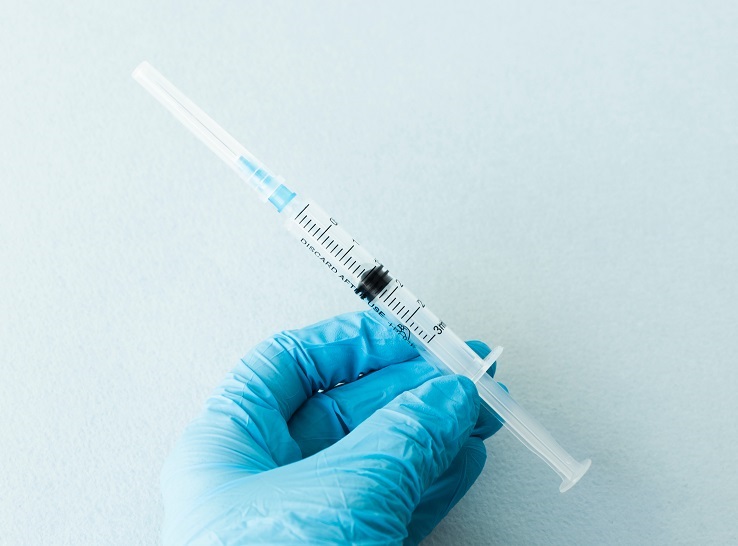
Europeans have battled avian metapneumovirus (aMPV) since the 1980s. Today, live and inactivated vaccines keep aMPV under control in Europe and most of the world except in the US, according to Aris Malo, DVM, Royal Dutch Veterinary Association.

How can producers control the spread of inclusion body hepatitis (IBH), a disease with no treatment? According to Brandon Armwood, DVM, DACPV, Pilgrim’s poultry veterinarian, decreasing stress and paying close attention to management details can control the spread of IBH.

Although poultry production has steadily evolved with improved knowledge and technological advances, coccidiosis remains arguably the most important disease concern to keep in mind and address year after year.
Copyright ©Feeks Media LLC, 2025 | All rights reserved
info@modernpoultry.media
privacy policy | site map